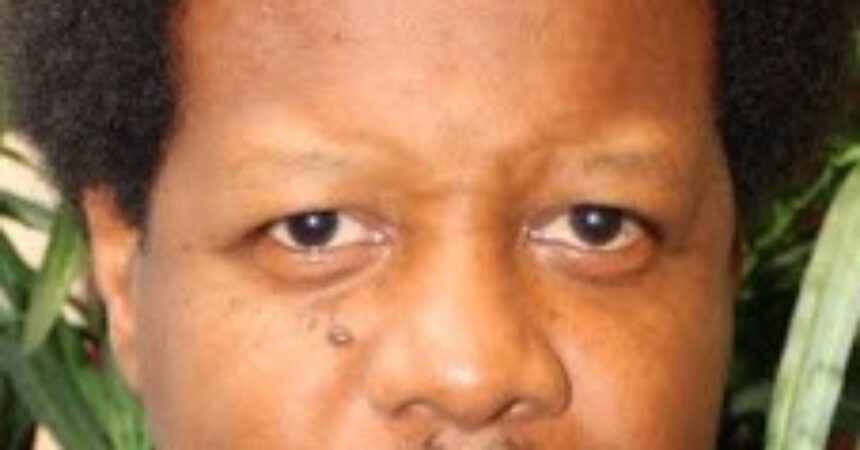
A tale of two cities: Welaunee exacerbates inequities into the future

In my tenure as County Commissioner, I cannot recall a project as distasteful to so many constituencies throughout our community than the proposed Comprehensive Plan amendments for Welaunee. From the adjacent residents and homeowners’ associations to Keep It Rural and disenfranchised Southside residents, there seem to be enough reasons for everybody to rightfully question the sense and rush to approve the Welaunee amendments. I write this letter to give voice to the ethical, procedural, and moral conflicts posed by the adoption of these amendments and the future development of this former slave plantation.
First, the State of Florida washed its hands of any meaningful review of regional development impacts about a decade ago when the Department of Community Affairs was absorbed into the Department of Economic Opportunity. The governance policy of state government is to stick its head in the proverbial Florida sand when it comes to the protection of our drinking water and the constraints of transportation infrastructure. This means we are on our own as local governments and will be responsible for the resulting environmental problems and traffic mess along two canopy roads that inherently conflict with the proposed level of commercial and residential densities for Welaunee.
Second, we have become a community so numb to gun violence that we are prepared to shoot ourselves in the foot. Unsolicited national studies have confirmed what we have known for generations; Tallahassee is the most economically segregated city in the country. That’s the polite way of saying rich White people live on the north side of town and poor Black folk live next to the airport and sewage treatment plant on the south side of town. Expanding the Urban Services Area for Welaunee north of I-10 all the way to Roberts Road ensures greater disparity as property values increase due to the provision of municipal services such as electricity, sewer, water, city parks and community centers, etc. These urban services provided by the City are not available to many residents that live just a couple miles south of the Capitol Building, including the Lake Bradford area or the Pine Lakes, Belair, and Ross Road neighborhoods all inside Capital Circle SW yet the City of Tallahassee is prepared to provide services all the way to Roberts Road.
I have no doubt that affluent residents will flock to newly constructed homes, grocery stores, retailers, and other businesses in the Welaunee area while the Southside will continue to lack adequate public infrastructure and experience private sector divestment as we have seen in recent years with the closing of grocery and national drug retailers. Approving the Welaunee amendments ensures that future capital, both private and public, will be steered to the virgin plantation property rather than where it is needed most in our community which will further exacerbate economic segregation in our community. If we make better long-term planning decisions for our community, we wouldn’t need any more specialized Community Redevelopment Areas and their piddly grant programs or pretend that constructing a police station on the Southside is an ‘economic investment.’
Finally, I have great discomfort with the City of Tallahassee’s role as property owner, applicant, and approving authority related to the future of Welaunee. I don’t see how the City can wear multiple hats at the negotiation table while the number of allowable residential units grow with each revision of the proposed amendments. We know the City stands to benefit from all the new construction and, more importantly, new utility customers. The absence of a meaningful state review makes this even more troublesome.
As a large landowner standing to benefit from the future Welaunee development, the City has the opportunity to offer much more than lip service to address the affordable housing needs in our community. The City even owns enough land in Welaunee to locate a new police station if it wishes.
Bill Proctor is the Leon County District 1 Commissioner, a role in which he has served since 1996.







